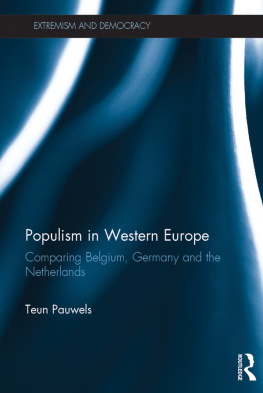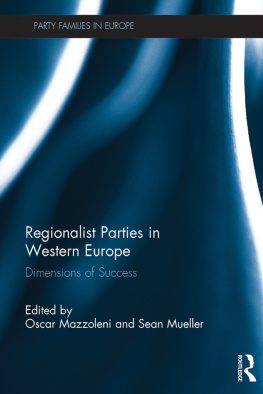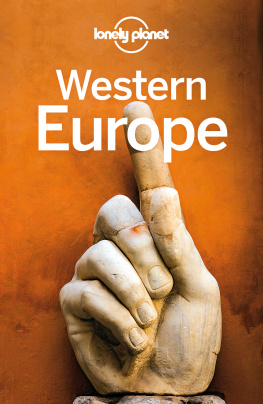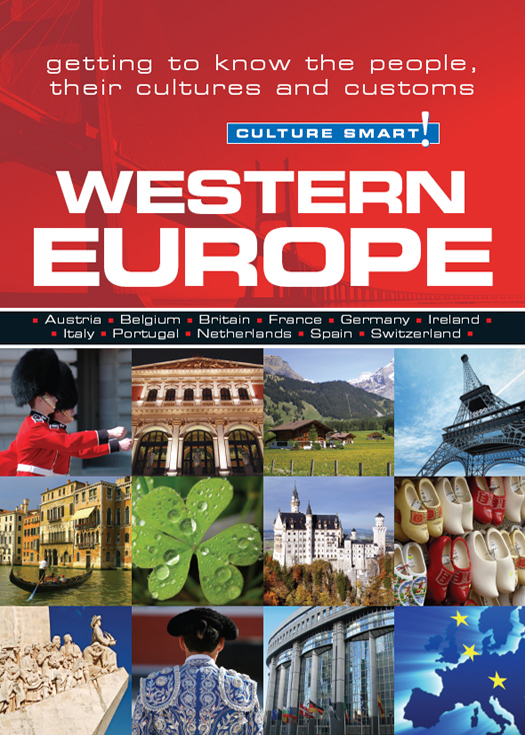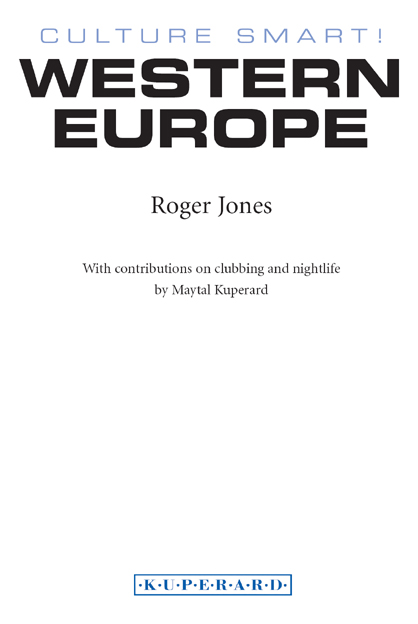
eISBN: 978-1-85733-628-3
British Library Cataloguing in Publication Data
A CIP catalogue entry for this book is available from the British Library
Copyright 2011 Kuperard
Roger Jones has asserted his moral right to be identified as the author of this book.
All rights reserved. No part of this publication may be reprinted or reproduced, stored in a retrieval system, or transmitted in any form or by any means without prior permission in writing from the publishers.
Culture Smart! is a registered trademark of Bravo Ltd
First published in Great Britain 2011
by Kuperard, an imprint of Bravo Ltd
59 Hutton Grove, London N12 8DS
Tel: +44 (0) 20 8446 2440 Fax: +44 (0) 20 8446 2441
www.culturesmart.co.uk
Inquiries:
Series Editor Geoffrey Chesler
Cover images: Fotolia.com
Image on
v3.1
About the Author
ROGER JONES is an English writer and translator who is a specialist in careers, education, music, and preparing others for the practical and psychological adjustments of living abroad. A graduate in modern languages from Kings College, University of London, he also holds qualifications in management and education. He has traveled widely in Europe and worked in education for extended periods in a number of foreign countries. He has also worked in refugee welfare, as a bookseller, and as an examiner.
His published work includes two novels and many non-fiction guides. These include handbooks offering practical advice and insights into local traditions, behaviors, and attitudes for people planning to live or travel abroad. He is also the author of Culture Smart! Thailand and Culture Smart! Libya, published by Kuperard.
Roger Jones lives in Gloucestershire, England. He is an active member of the Society of Authors, and in his spare time he is closely involved in community organizations promoting heritage, the arts, and improvements to the built environment.
The Culture Smart! series is continuing to expand.
For further information and latest titles visit
www.culturesmart.co.uk
The publishers would like to thank CultureSmart!Consulting for its help in researching and developing the concept for this series.
CultureSmart!Consulting creates tailor-made seminars and consultancy programs to meet a wide range of corporate, public-sector, and individual needs. Whether delivering courses on multicultural team building in the USA, preparing Chinese engineers for a posting in Europe, training call-center staff in India, or raising the awareness of police forces to the needs of diverse ethnic communities, it provides essential, practical, and powerful skills worldwide to an increasingly international workforce.
For details, visit www.culturesmartconsulting.com
CultureSmart!Consulting and CultureSmart! guides have both contributed to and featured regularly in the weekly travel program Fast Track on BBC World TV.
Western Europe:
An Introduction
The countries of Western Europe described in this book cover an area that is 25 percent of the size of the United States and have a population that is 25 percent greater. While all these countries have some elements in commonall are democracies, for example, and all but one are members of the European Uniontheir similarities are vastly outweighed by their national differences.
Cross a border in Europe, and although the landscape may not change you will immediately notice some striking differences: the road signs, the architecture, the food, the life style, and in most cases the language, to name but a few. Bring an Irishman, a German, and an Italian together, and they may look similar, but they are very different indeed. This can be disconcerting to the innocent visitor from afar.
In unfamiliar surroundings it is not unusual to experience some stress and anxietyculture shock. This often affects Western Europeans who visit their neighboring countries just as much as people from other continents. The most obvious cause of culture shock is the languageat least fifteen languages and a multitude of dialects are spoken in Western Europe. Aside from this, when you visit another country you may find that peoples attitudes toward others, their values, their standards, and their way of life are quite different from your own. Some countries set great store by punctuality, for instance, while in others people may express surprise if you arrive on time for an appointment. Even their body language may be differentthey may gesticulate wildly when they speak, and become very animated in company, while you hardly move your hands and maintain a cool detachment.
This book attempts to describe how the people of Western Europe differ, both from you and from each other. It also attempts to explain why they are different. Whereas people who emigrate from Europe often shake off their past and assume a new identity, those who remain behind are still conditioned by it, and history is therefore an important clue to understanding the present.
Only seventy years ago most of these countries, not for the first time, were engaged in mortal combat. Although they have now discarded past rivalries, it would be too much to claim that they have forged a common identity. Their national characters remain essentially unchanged. Their political and educational systems diverge, their assumptions and reactions differ, and so do their eating and leisure habits.
So visitors to Western Europe, unless they are on a conducted tour, need to pick their way carefully as they move from one country to another. This book is in essence a survival guide, designed to point you in the right direction, alerting you to issues that you need to be aware of, and offering you an insight into how Europeans live and see themselves. While most of them welcome visitors from abroad, you will receive a warmer welcome if they feel you are making some effort to fit in with their way of life.
In each section of the book you will find a brief description of the country and the key historical events that shaped the way its people think todayessential reading. Then follows an attempt to define national values and attitudes. Such pronouncements are generalizations, of course. Nobody is a stereotype. To some extent the values and behavior described here may not be typical of the younger generation, many of whom are open to different influences from their parents, and may be more open-minded, cosmopolitan, and dynamic. But there are also young people who are more conservative, more extreme, and less tolerant than their parents.
Everyone, young and old, shares some of the traits of their fellow-countrymen and women but, at the same time, possesses a unique identity. Life would be very dull if all Spaniards were identical and all Belgians had the same tastes. Culture Smart! Western Europe fills in the cultural background; but it cannot predict with any accuracy how an individual will behave in every situation. We are all of us, first and foremost, individuals.
Every country in Western Europe is a treasure trove of art and culture, represented by galleries and museums, theaters and concert halls, and great architecture both historical and modern. Festivals and traditions are included here, since they are not only fascinating in themselves but go to the heart of a countrys culture. Some are religious in origin but secular in spirit, and may differ from country to country and region to region. Today many of Europes large urban areas are constantly being enriched by the traditional celebrations of their changing ethnic and religious minorities.


